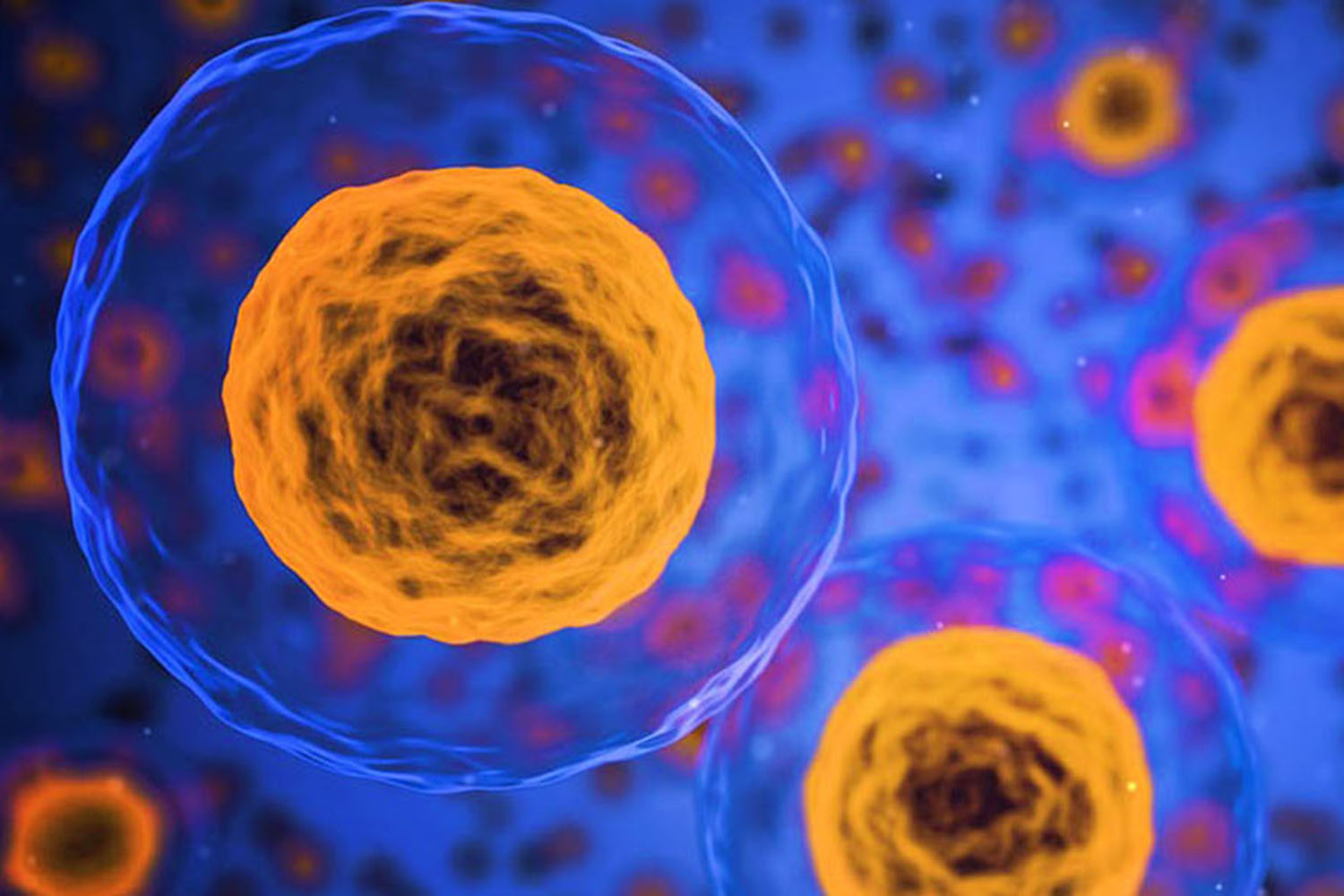Research Overview
The Department of Biological Sciences currently has has more than 65,000 square feet of research space located throughout several buildings, including the Life Science Building and Long and Jordan halls.
All of the research buildings house faculty from multiple departments and colleges representing a true cross-disciplinary group with top educators in genetics, biochemistry, molecular biology, ecology and evolution to chemistry, bioengineering, computing and physics.

Research Areas and Resources
The Department of Biological Sciences currently has nearly 80 graduate students spread across three graduate-level programs. Research is a key part of the program, and a key part of the Clemson College of Science experience in general.
-
Ecology, Evolution and Organismal Biology
The ecology, evolution and organismal biology section of biological sciences studies all aspects of life, from molecules to organisms to ecosystems. Research includes marine biology, molecular phylogenetics, flowering plant diversity, forest ecology, animal structure and function, micro- and macroevolution, and responses to climate change. Our graduates work in academia, government and industry.
-
Microbiology
Microbiologists study everything from ecosystems, microbiomes and microbial ecology to infectious disease, host-pathogen interactions, antibiotic resistance, bioinformatics and applied genomics. Our graduates work in industry, government and academia.
-
Molecular, Cellular and Developmental Biology
Molecular, cellular and developmental biologists at Clemson perform research examining neurodevelopment and neurobiology, developmental biology, stem cell biology, genomics, cancer biology, obesity and infectious diseases. Our graduates work in academia, government and industry.
-
Toxicology
Environmental toxicologists at Clemson study adverse effects of environmental chemicals on reproduction, metabolic disease, the nervous system, development, epigenetics, gene-environment interactions and ecosystem health, and use transdisciplinary approaches that examine the effects of chemicals on the interconnection between people, animals, plants and our shared environment. Our graduates work in academia, government and industry.
Faculty Research
The department boasts approximately 50 faculty members. Faculty research is divided into five key focus areas: ecology, evolution and organismal biology; microbiology; molecular, cellular and developmental biology; toxicology; pedagogy and instructional biology.
A wide array of instrumentation is available as core departmental equipment, or hosted in individual investigators’ research labs. The University also maintains state-of-the-art core facilities for imaging and genomic analyses, as well as the 17,500-acre Experimental Forest where faculty and students have access to a diverse array of habitats and wildlife.
